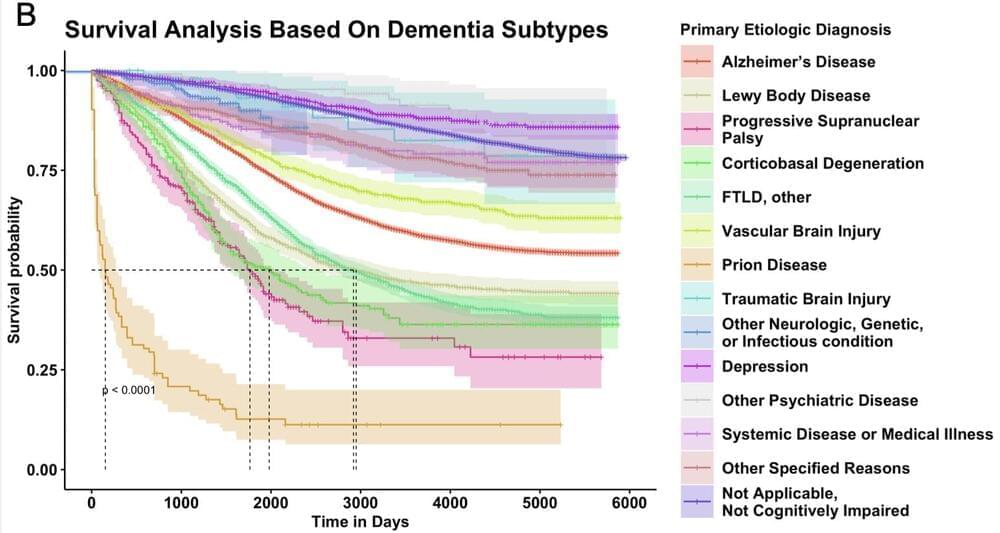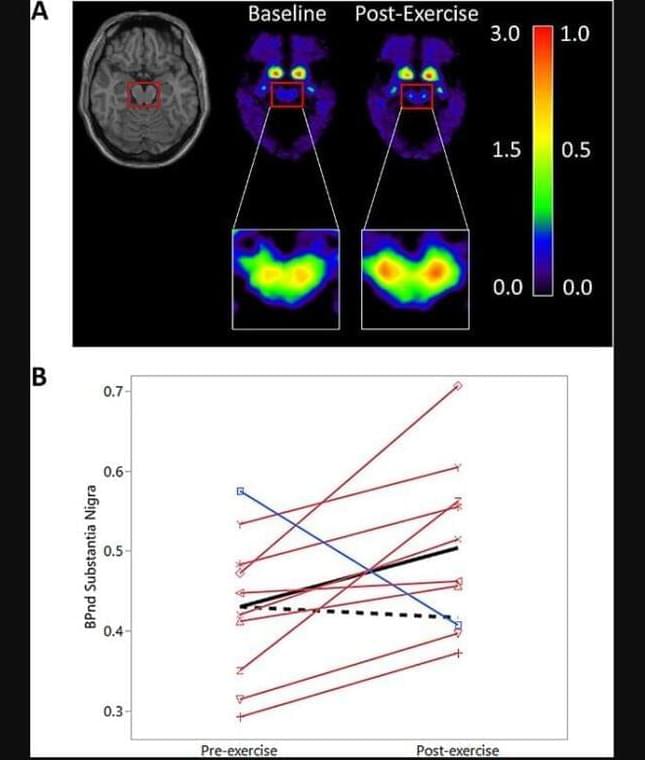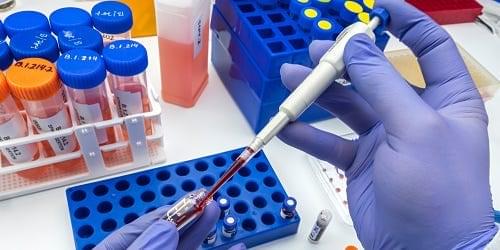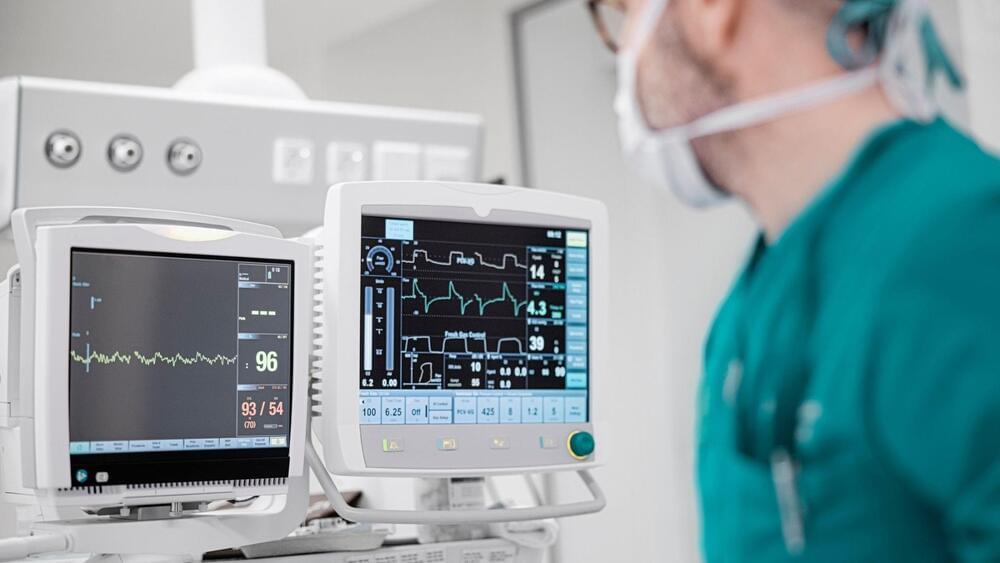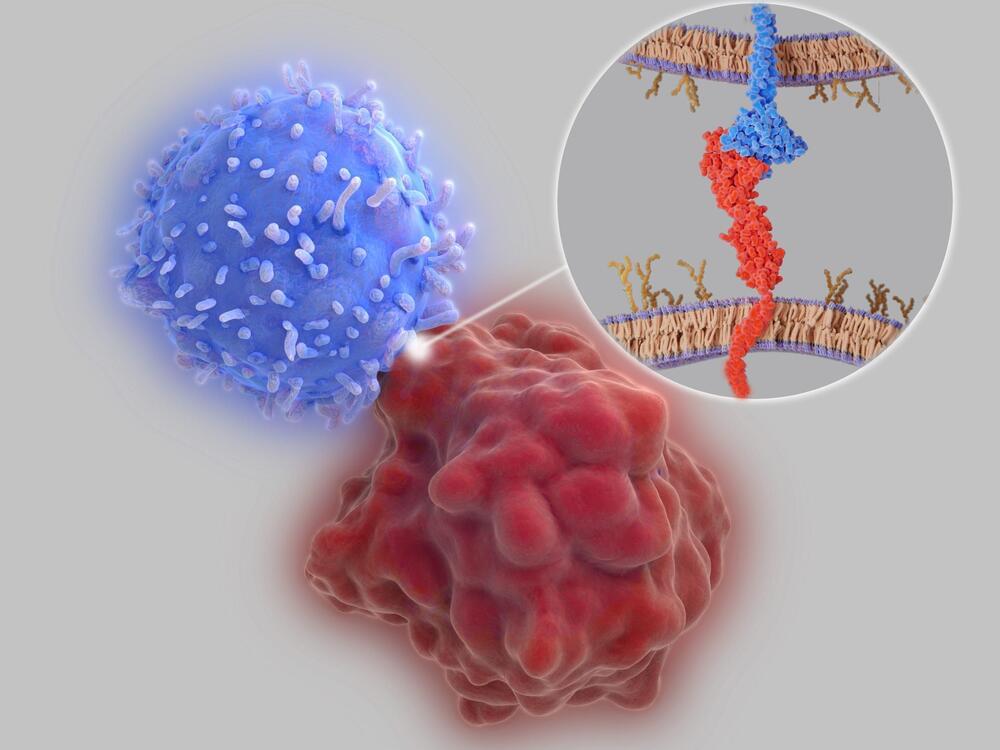
The authors cited results from a recent Phase II clinical trial reporting that Peresolimab, a PD-1 agonist monoclonal antibody, was effective in treating rheumatoid arthritis, but that the mechanism whereby peresolimab acts as an agonist was not reported. “Our characterization of PD-1 TMD dimerization may help inform evolving strategies for developing both agonists and antagonists,” they stated.
Co-senior investigator and cancer immunologist Jun Wang, PhD, an assistant professor in the Department of Pathology at NYU Grossman and Perlmutter, added, “Our findings offer new insights into the molecular workings of the PD-1 immune cell protein that have proven pivotal to the development of the current generation of anticancer immunotherapies, and which are proving essential in the design and developing of the next generation of immunotherapies for autoimmune diseases.”
Among the study’s findings was that a single change in the amino acid structure of the transmembrane segment can act to either enhance or diminish the inhibitory function of PD-1 in immune responses. The team plans further investigations of PD-1 inhibitors and agonists to see if they can tailor what they say are more effective, “rationally designed” therapies for both cancer and autoimmune disorders. Concluding on their findings in their paper, the team wrote, “In this study, we show that PD-1 and its ligands form dimers as a consequence of transmembrane domain (TMD) interactions and that propensity for dimerization correlates with PD-1 ability to inhibit immune responses, antitumor immunity, cytotoxic T cell function, and autoimmune tissue destruction. These observations contribute to our understanding of the PD-1 axis and how it can potentially be manipulated for improved treatment of cancer and autoimmune diseases.”




